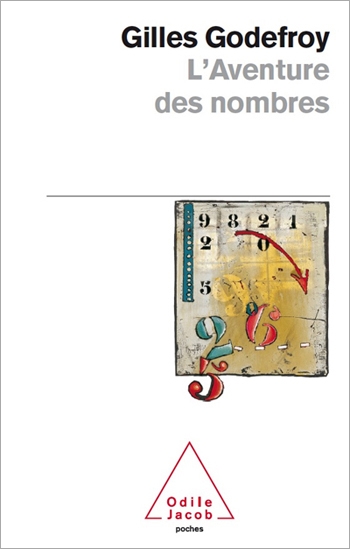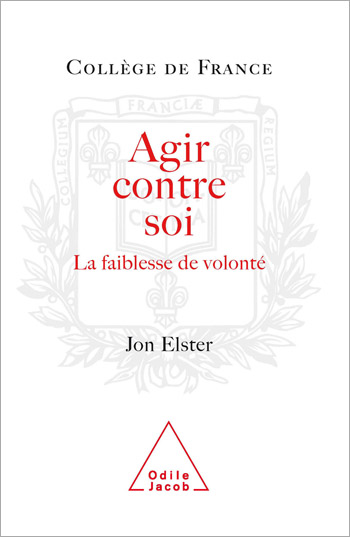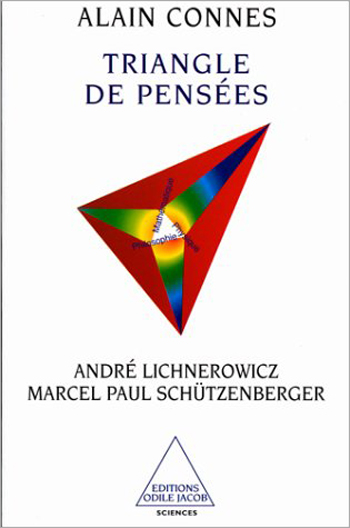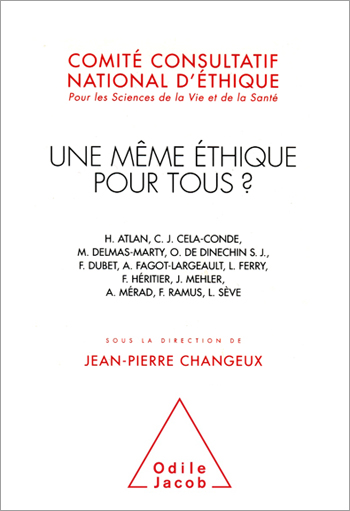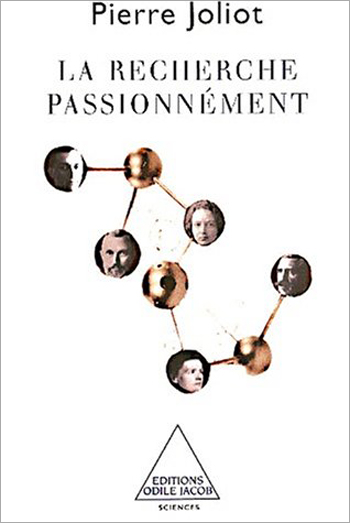Science All books
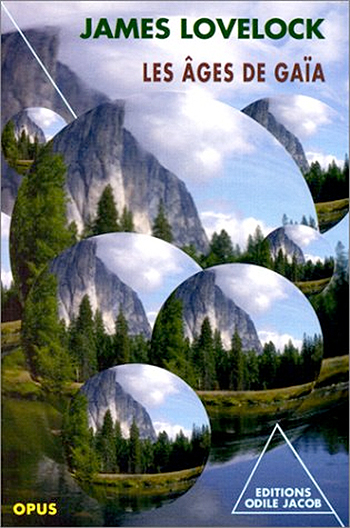
James Lovelock
The Ages of Gaia A Biography of Our Living Earth
The fascinating, controversial and most-worshipped hypothesis of ecologists - that of considering the Earth as the biggest living organism, referred to as Gaïa. It is here discussed by its inventor in person, who shows us that if our planet hasn't always had the same face, it's because there have been several ages corresponding to the predominance of very different species. In three centuries, humanity has wrought more modifications to the face of Gaïa than natural evolution did in millions of years. Although he does not doubt that the Earth, today turned completely upside-down by industrial activities, will find a new equilibrium, he does suppose that it could at the price of the disappearance of man, whose reign represents only one of the ages of Gaïa. Born in 1919, James Lovelock is the author of The Gaïa Hypothesis, a book which shook up the scientific world in the beginning of the seventies and met with great public acclaim.
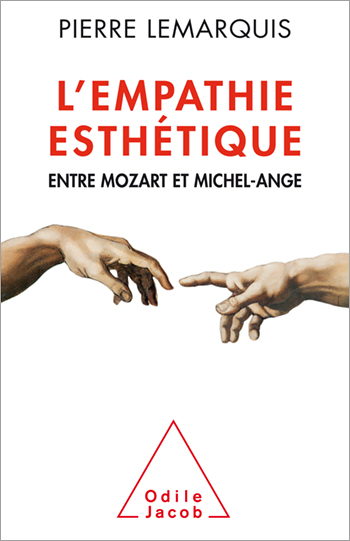
Pierre Lemarquis
Aesthetic Empathy
The powerful impact of art on the human brain, in the light of the latest advances in the neurosciences
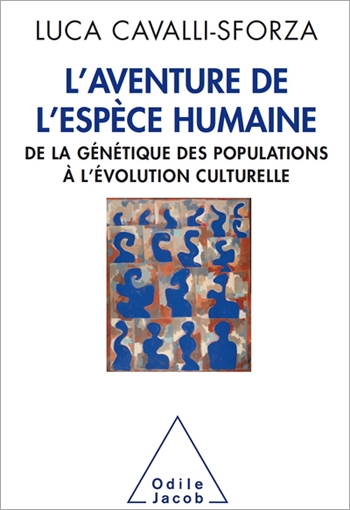
Luca Cavalli-Sforza
The Adventure of the Human Species From Population Genetics to Cultural Evolution
How evolution and human functioning made humankind the dominant species
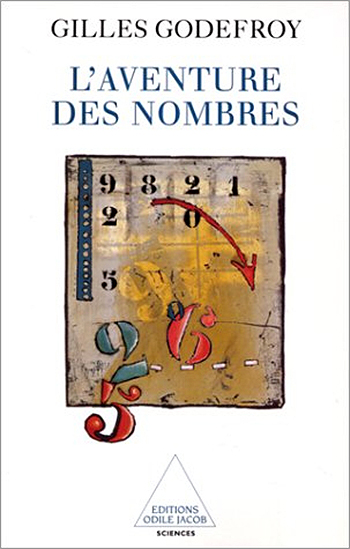
Gilles Godefroy
The Adventure of Numbers
Numbers never cease to fascinate. The Adventure of Numbers recounts the history of the gradual discovery of numerical characteristics, from the early days of arithmetic to the most sophisticated recent issues: Could a robot be created that would reduce all mathematics to simple sums? Are we sure that arithmetic does not conceal contradictions? Can all mathematical truths be demonstrated? The surprising answers given by Gilles Godefroy are the latest in an on-going saga that will doubtless continue to astound us. Mathematician Gilles Godefroy is a research director at the French Centre National de la recherche scientifique (CNRS).
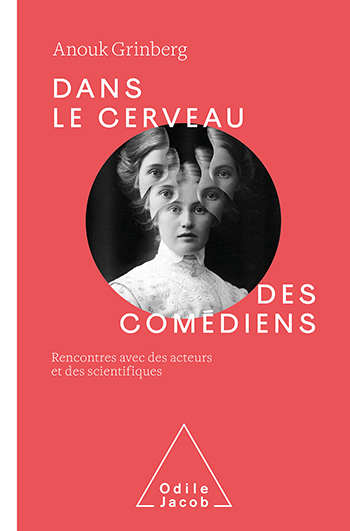
Anouk Grinberg
The Actor, the Game, and the “I”
The activity of an actor viewed from the wings, told from the inside by one of the greatest French actresses.

Jacques Perriault
Access to Online Knowledge
It is now possible to research and organise information and study online, through the Internet and with the help of satellites. However, the euphoric claims made for e-learning in the past, and the posturing strategies of telecommunications operators, were followed by a profound feeling of disillusion. What is the digital future ? What role can it play in education ? What measures need to be put in place in order to ensure long-lasting development ? Jacques Perriault teaches media and communications studies at the University of Paris-X-Nanterre.
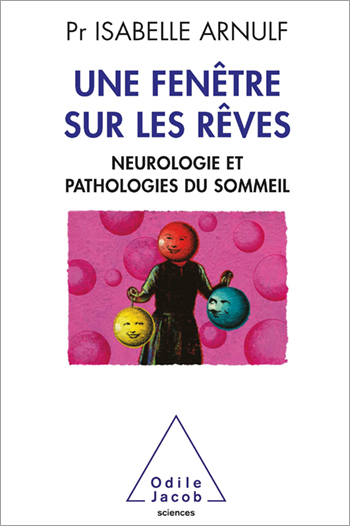
Isabelle Arnulf
A Window to Dreams Neuropathology and sleep disorders
Isabelle Arnulf opens a window to the fascinating world of current dream ...
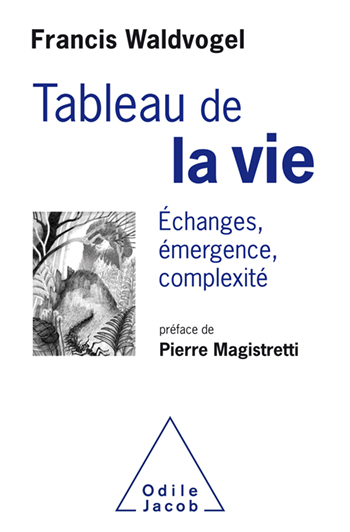
Francis Waldvogel
A Tableau of Life Exchanges, Emergences, Complexity
A strong thesis that is applied to the entire visible and invisible world: the exchange that is the essence of the living being.
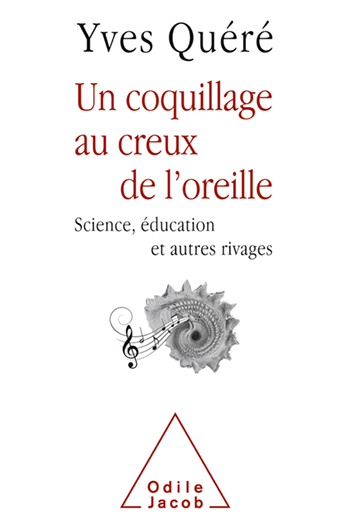
Yves Quéré
A Shell in the Middle of the Ear Science, Education, and Other Shores
Written with happiness, with multiple formulations and aphorisms, this book is an invitation to meditate on the beauties and contradictions of life.
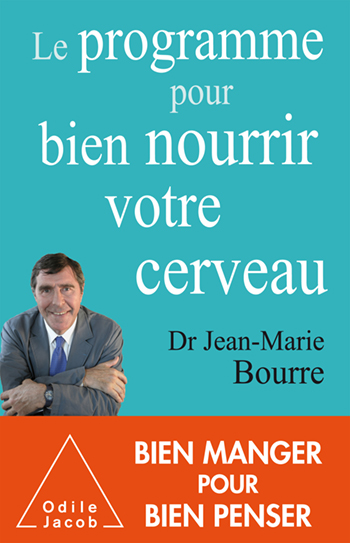
Jean-Marie Bourre
A Program to Feed Your Brain Well
A clear and instructive approach that enables the reader to understand what is needed to be at the height of one’s intellectual abilities.
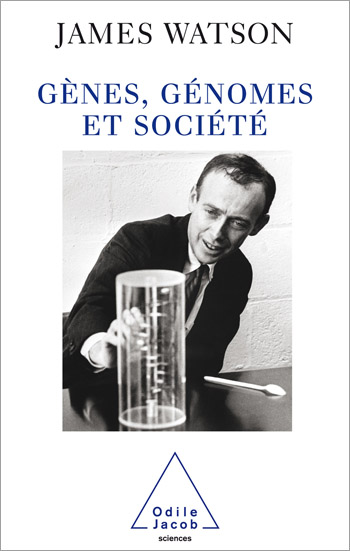
James Watson
A Passion for DNA Genes, Genomes and Society
In 1953, two young scientists, James Watson and Francis Crick, began a scientific revolution when they discovered the double helix structure of the DNA molecule, the substance that is the basis of heredity. James Watson, who won Nobel Prize in 1962 at the age of 34, has continued to play a central role in the field of genetics. Throughout his long scientific career, he has constantly sought to explain the latest developments and findings. The present volume is a collection of articles and lectures reflecting his views during the past fifty years on such subjects as GM foods, cancer, the sequencing of the human genome, and the ethical and social consequences of biology. This is a thought-provoking, often optimistic and always spirited book, reflecting the life and work of one of the great minds of the twentieth century.

